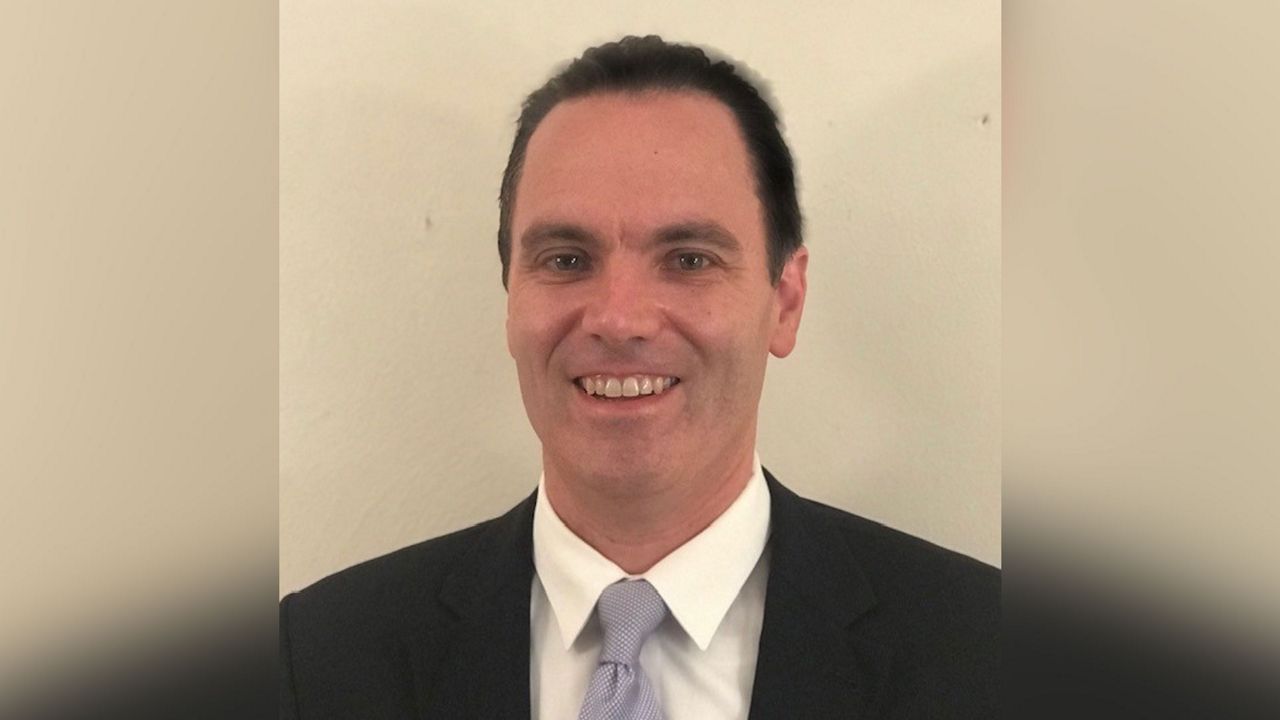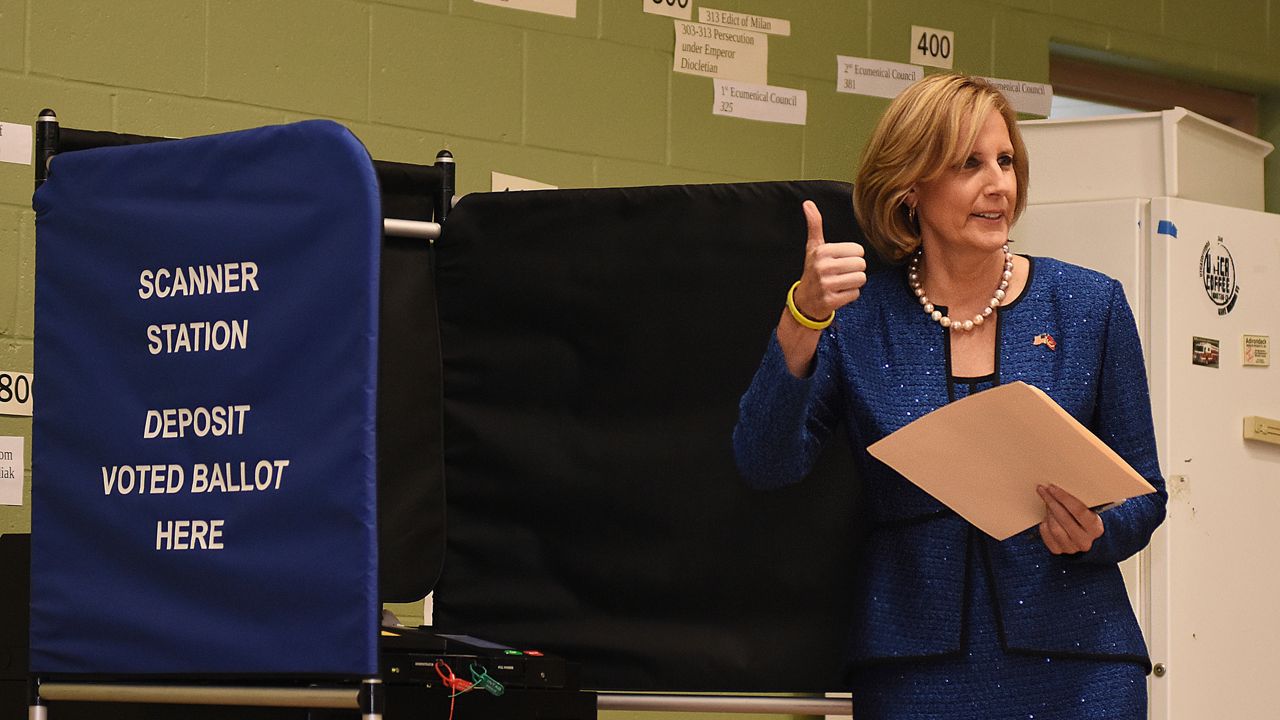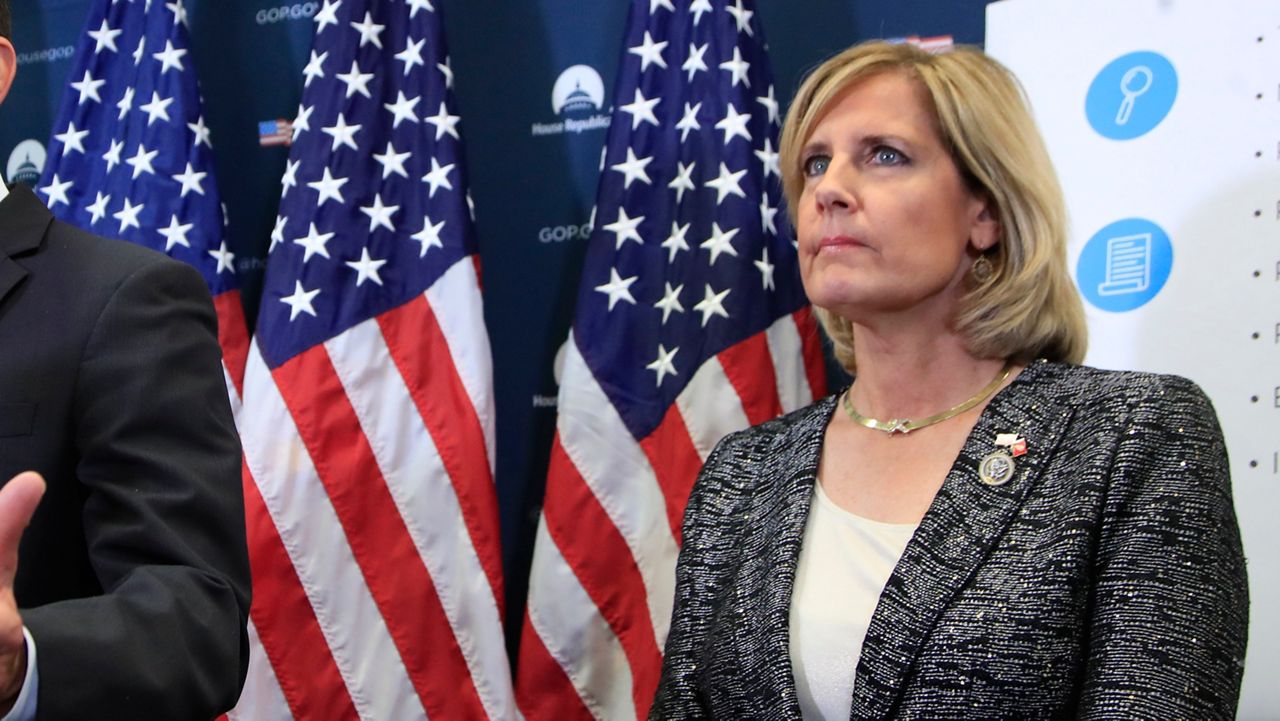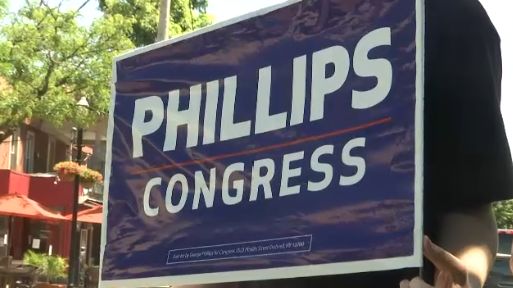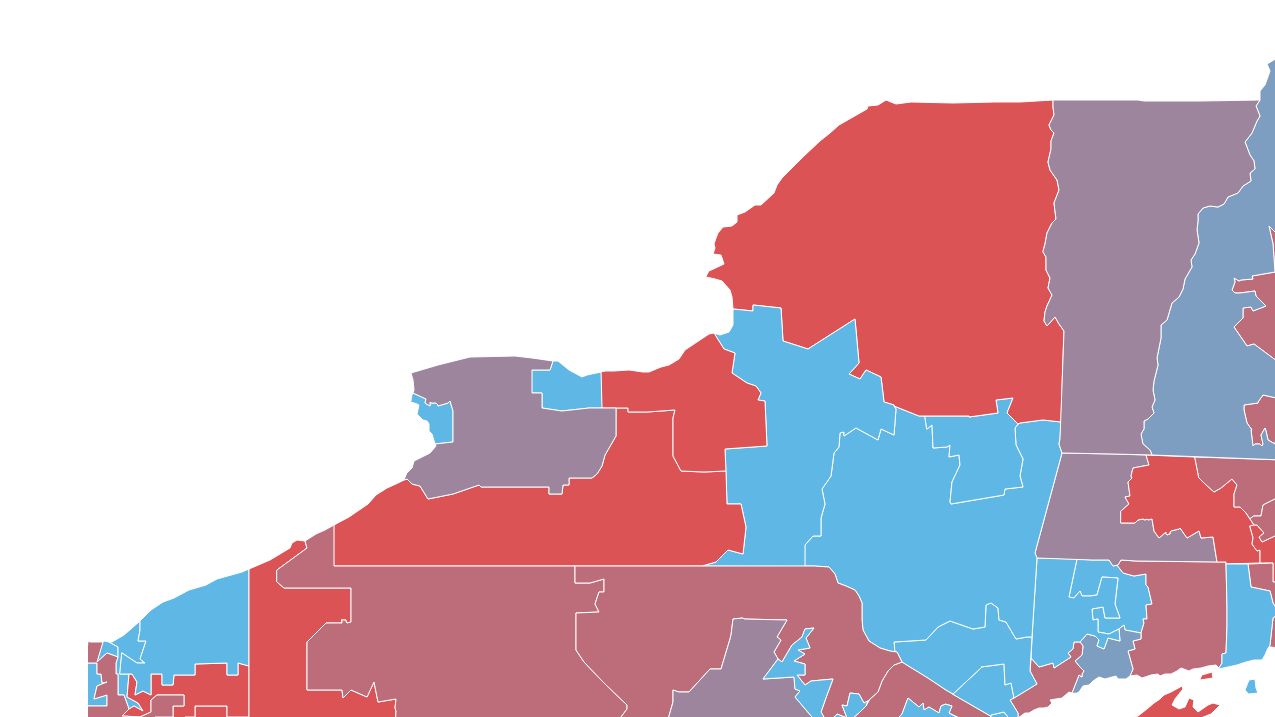Wiith early voting underway in Central New York and June primary less than a week away, Spectrum News reached out to candidates running in competitive primary races to get their unfiltered answers on 10 big questions facing voters and the nation as we head toward the November election.
George Phillips, a Binghamton-area Republican, is looking to represent the party in the fall in a campaign against Democrat Rep. Anthony Brindisi. To do that, Phillips will need to beat former Rep. Claudia Tenney in Tuesday's Republican primary, who has the backing of national Republicans, including President Donald Trump.
Our questions are in bold, with the candidate's answer following.
There is a growing focus on the role of police officers across the country. What specific changes, if any, should be made to prevent, identify, address, and monitor cases in which members of law enforcement have abused their positions?
Policies regarding police are mostly handled on the state and local level. As a candidate for Congress, I will be carefully looking at legislation proposed on the federal level – including by Senator Tim Scott from South Carolina.
Officers respond to calls for everything from mental health emergencies to domestic violence and drug-related offenses. Some communities are considering reducing law enforcement budgets, in order to send more funding to agencies designed to address those issues. Why do you support or object to the idea?
Reducing police budgets are a terrible idea during this time of unrest. When police were told to pull back several years ago in Baltimore during unrest, homicides spiked. I support mental health and drug abuse counseling, but I believe our nation also needs comprehensive plan on welfare to work. We need jobs and economic opportunities in our cities and rural areas hit by drug epidemics. No one should be making more off government benefits than they are working. There should be drug testing and work requirements for long-term welfare recipients.
How would you ensure that police officers and the public are adequately and properly protected?
We need to take the message forward that the overwhelming majority of officers are heroes who are putting their lives on the line every day. I taught a family of students whose father was killed in the line of duty and it is something I will always take with me.
I have done work for the Jack Kemp Foundation, named in honor of the Buffalo Bill football star and congressman who focused on racial healing and inner-city issues. The Kemp Foundation has sponsored forums to bring community and police together to discuss how they can understand each other and work together. I hope this model can be used on a wider scale.
What does Black Lives Matter mean to you?
I have taught in inner-city Washington, D.C. public schools and at the MacCormick Secure Center, a maximum-security youth detention facility near Ithaca where my students were overwhelming black. My thesis in college was on civil rights and my work for the Kemp Foundation has given me the opportunity to reflect deeply on race issues. Black Lives Matter shows the frustration that has come from a few high-profile incidents of horrible police misconduct.
I also think that there is an economic angle as well and frustration about poverty. President Lyndon Johnson’s Great Society and War on Poverty was intended to end poverty over 50 years ago. Instead we have seen government programs designed help lead to dependency and other problems with poverty at the same level it was then.
In Congress, I will fight for comprehensive welfare to work strategies and economic growth policies for our cities so that all Americans can be working and have the dignity that comes from work.
What steps should be taken to prevent and prepare for another possible infectious outbreak, similar to the COVID-19 pandemic?
We need to build up our medical supply lines – such as ventilators, protective gear and medicines – ahead of time and make sure we are not relying on China. Schools and many businesses are better suited for working from home, but the shutdown lasted far too long and has been devastating. If another outbreak occurs, we need to vigorously pursue protecting lives, but also trying to make sure our economy is not devastated.
The coronavirus shutdown tested the rights of individuals during a national emergency. Tens of thousands of people died. Just as many families lost part, or all, of their income for months. In the event of a similar pandemic, would you support another shutdown? If not, describe a response you would support.
As mentioned, the shutdown has been devastating. Job losses and a lack of ability for Americans to get non-emergency health testing and treatment has greatly harmed the mental and physical health of millions of Americans.
Social distancing, hand washing, and masks as well as extreme precautions for those with health conditions and the elderly are precautions that have been taken showing that we can confront another pandemic without a shutdown.
On the heels of the shutdown, record numbers of people have filed for unemployment, the stock market is rising and falling dramatically, and local municipalities are facing large budget shortfalls. What is the appropriate federal response?
The most important aspect of the national economic response has been the loans to businesses so that they have not had to lay employees off. Although far from perfect, this loan relief has allowed millions to keep their jobs.
After the crash in 2008, the Obama administration’s stimulus of government spending and aid to states fell flat. Economic growth and job creation were stagnant.
The tax cuts and regulatory relief under President Trump led to record low unemployment and tremendous growth. We need to return to these policies. Jobs are best going to be created by job creating entrepreneurs and business which will prosper the most when the government eliminates barriers to growth and productivity.
What do you see as the best path forward to protect and secure elections in the United States?
Large numbers of voters will be voting absentee with coronavirus concerns. States need to have procedures to ensure accuracy and fair recounts in close elections. Cyber security will be key in preventing foreign meddling. The amount spent by Russians in an attempt to influence that last election was miniscule but still wrong. The US government and private secure social media organizations are taking steps to prevent this from reoccurring.
You’re running against another member of your own party. What do you see as the main differences between you?
I have laid out a stronger vision for the nation with a plan to rein in the national debt based on President Reagan’s Grace Commission where business leaders and every member of Congress will have to scour for waste. I have plans for health care reform that will give more choices for all Americans and as mentioned plans for welfare to work. I also want to make it illegal for federal welfare mandates to be passed on to our local property taxes. New York State is the only state that does this.
I am the only electable candidate against Congressman Anthony Brindisi. My opponent Claudia Tenney lost a district President Trump won by 15 points and Republican candidate for governor Marc Molinaro won by 20 points with 30,000 more Republicans. I nearly won a district under the old district lines with 43,000 more Democrats.
I am the only candidate with conservative values. Tenney received an “F” rating from the American Conservative Union and had one of the lowest ratings of all Republicans in Congress. She was one of the only Republicans to support taxpayer-funded transgender military surgeries, joined a climate change caucus and voted to make the Department of Defense study climate change and opposed welfare to work.
I have been extremely accessible to voters – knocking on thousands of doors before coronavirus hit. Tenney refused to do town hall meetings when elected to Congress and wasn’t accessible. Now Tenney is refusing to debate in this primary despite the fact that there were seven debates in the last Republican primary.
Tell us about your background - where you grew up, your career, factors that have shaped your life, and what drew you to politics.
My parents and older brothers modeled service to me by constantly serving the community in various ways. I worked in manufacturing during summers in college at IBM before obtaining degrees from Villanova and Notre Dame.
I loved American history but was very skeptical of politics. After interning and working for Congressman Chris Smith of New Jersey who was then chairman of the House Veterans’ Affairs Committee, I saw the difference that could be made by public servants and had the opportunity to work on a law that rescued women from human trafficking.
I have served as a dean of students in high school and taught community college as well as in inner city schools and a maximum-security youth detention facility. I have taught American history, government, public policy, economics, public speaking, modern legal issues, psychology, and theology.
I was mentored by Jack Kemp, the former vice presidential nominee who spearheaded President Reagan’s economic agenda, and have done economic policy work for the Jack Kemp Foundation working on tax and monetary policy, as well health care and welfare reform.
I also served as regional director for Reclaim New York, where we fought out of control taxes and corruption in New York.
Most importantly, I am a husband and father of three boys.





